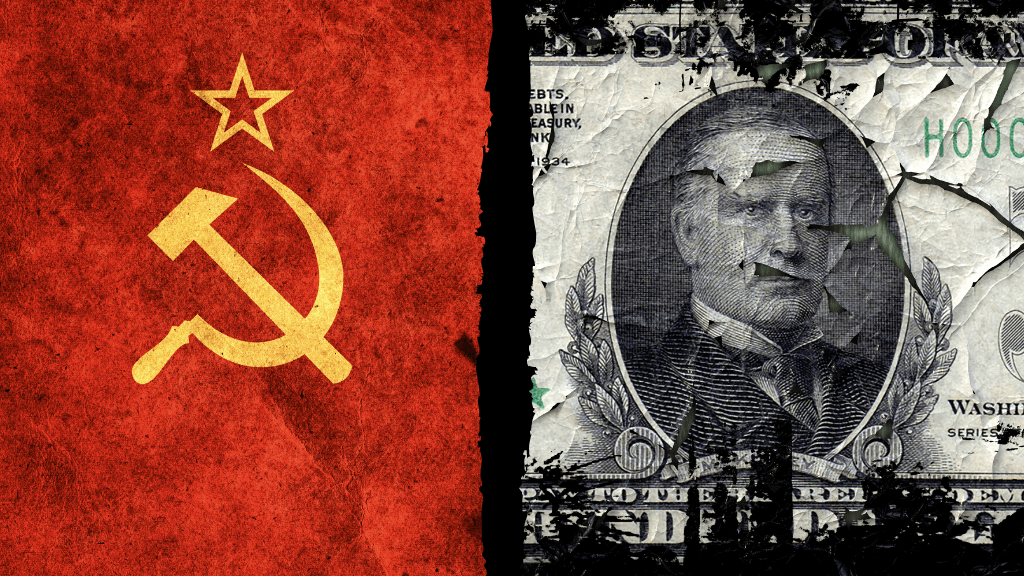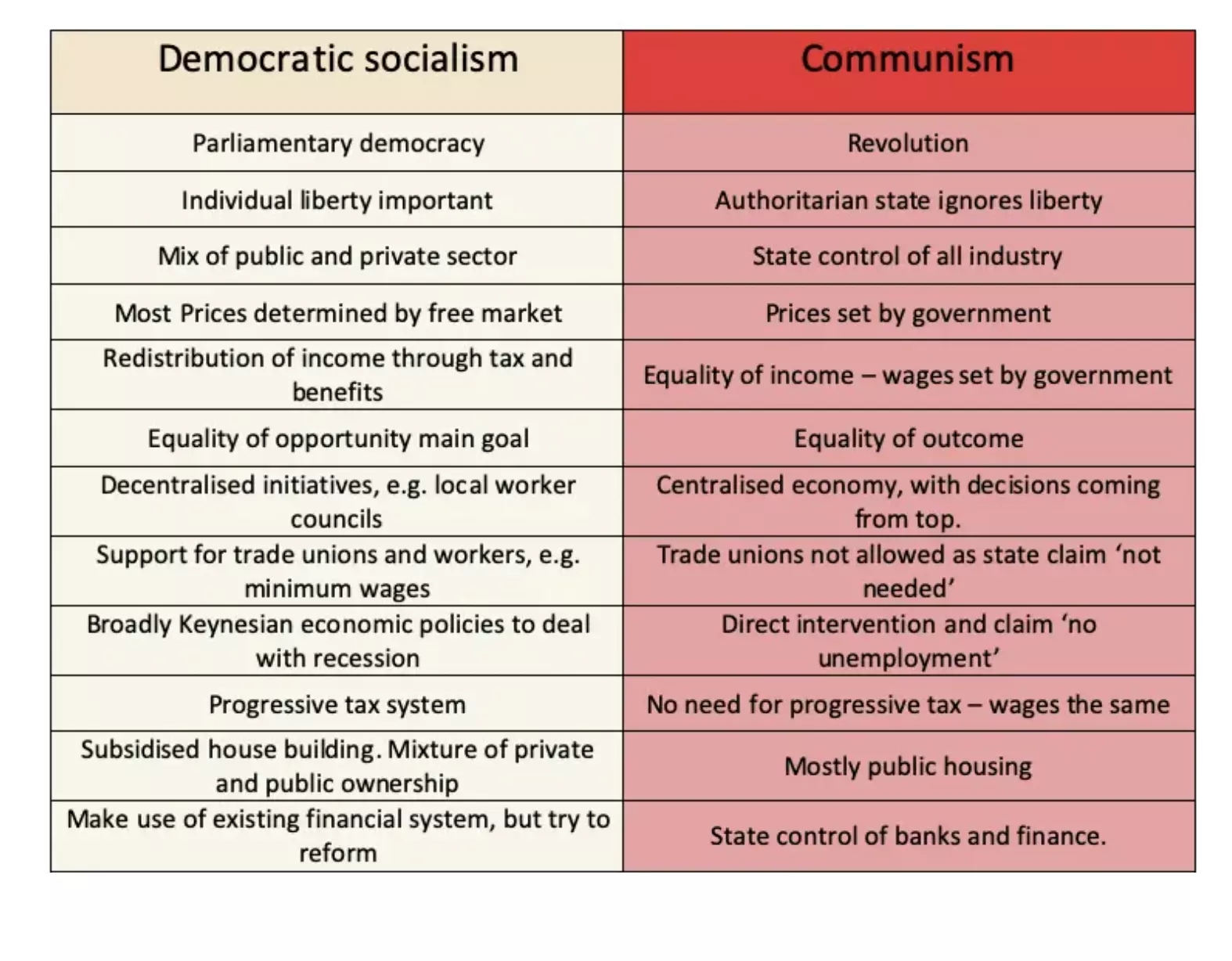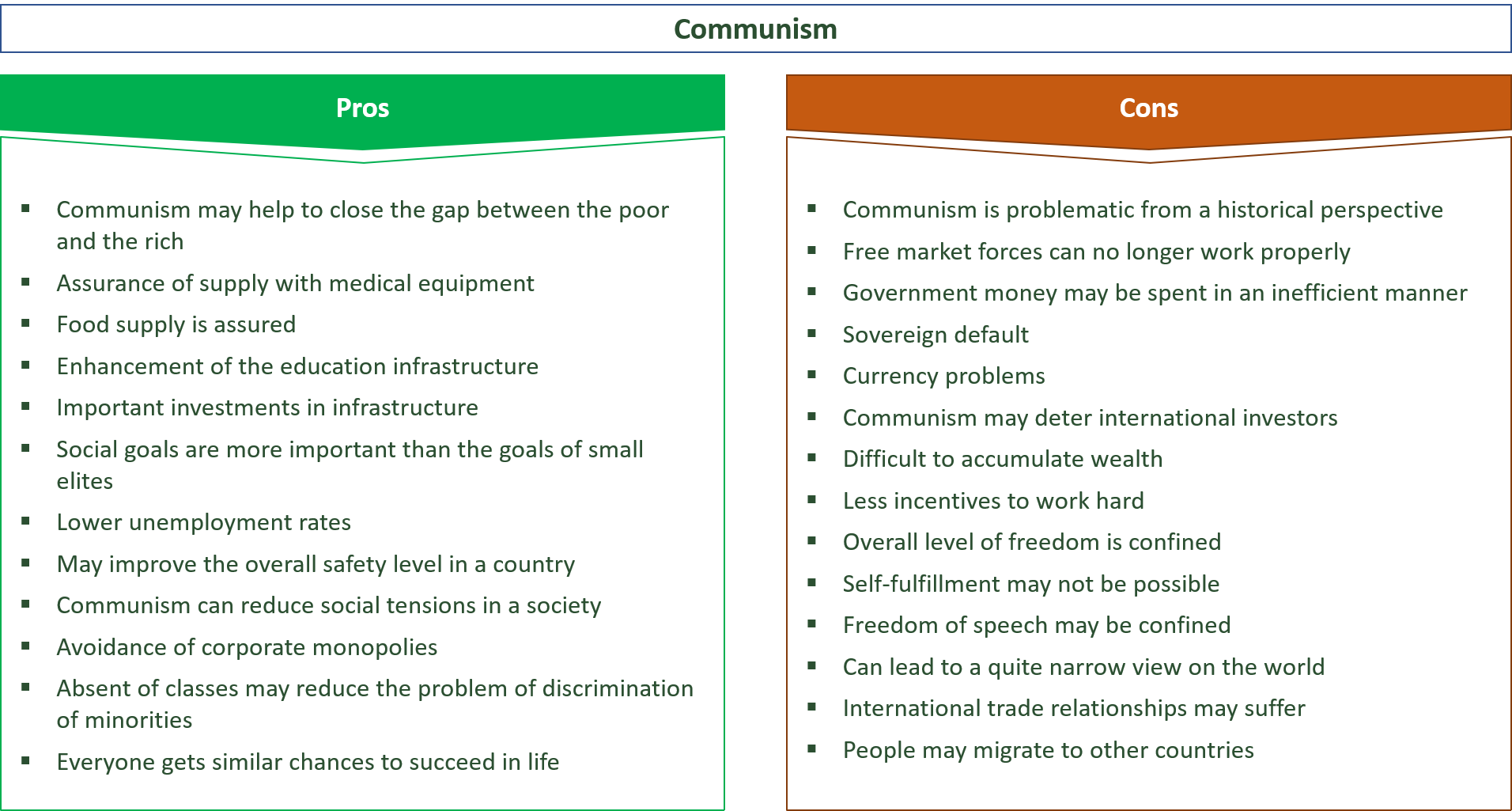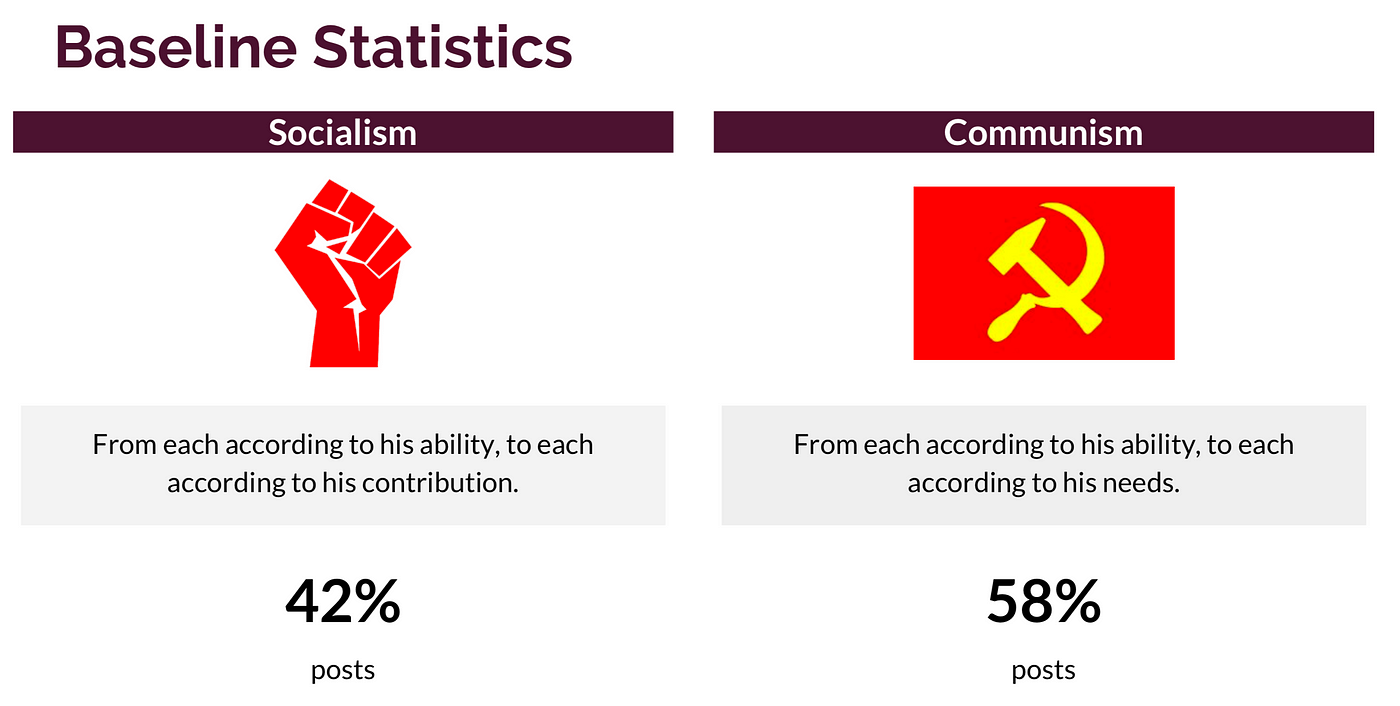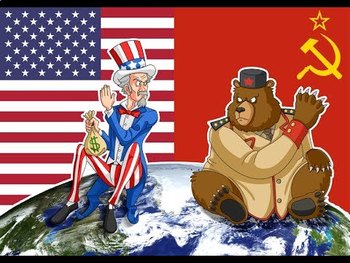Capitalism and communism are two vastly different economic systems that have been at the center of political debates for decades. While communism is based on the idea of a classless society where the means of production are owned and controlled by the community as a whole, capitalism is an economic system in which private individuals own and control the means of production, and profit is generated through the exchange of goods and services.
There are several reasons why capitalism is generally considered to be superior to communism.
First, capitalism promotes innovation and progress. Under a capitalist system, businesses are driven by the profit motive, which means that they are constantly searching for ways to produce goods and services more efficiently and at a lower cost. This drives innovation and technological advancement, as businesses compete with one another to offer the best products at the most competitive prices. In contrast, communism often stifles innovation, as the lack of profit motive means that there is little incentive to invest in research and development or to adopt new technologies.
Second, capitalism allows for individual freedom and personal choice. In a capitalist society, individuals are free to start their own businesses, invest in the economy, and pursue their own interests and passions. This encourages entrepreneurship and personal initiative, as people are able to take risks and reap the rewards of their hard work and creativity. In contrast, communism often restricts individual freedom and personal choice, as the government controls the economy and makes decisions about what is produced and consumed.
Third, capitalism has a strong track record of economic growth and prosperity. Over the long term, capitalist economies have consistently outperformed communist economies in terms of GDP per capita and overall living standards. This is due in part to the fact that capitalism encourages hard work and innovation, which leads to increased productivity and economic growth. In contrast, communism has often resulted in economic stagnation and poverty, as the lack of incentives for hard work and innovation leads to a lack of productivity and economic growth.
Finally, capitalism is based on the idea of voluntary exchange, which means that individuals are free to choose what they want to buy and sell, and at what price. This allows for the efficient allocation of resources, as prices reflect the underlying supply and demand for goods and services. In contrast, communism often relies on central planning, in which the government makes decisions about what is produced and consumed, which can lead to inefficiencies and shortages.
In conclusion, capitalism is generally considered to be superior to communism due to its promotion of innovation and progress, its protection of individual freedom and personal choice, its strong track record of economic growth and prosperity, and its reliance on voluntary exchange. While communism may have some appealing ideals, in practice it has often resulted in economic stagnation, poverty, and the restriction of individual freedom.
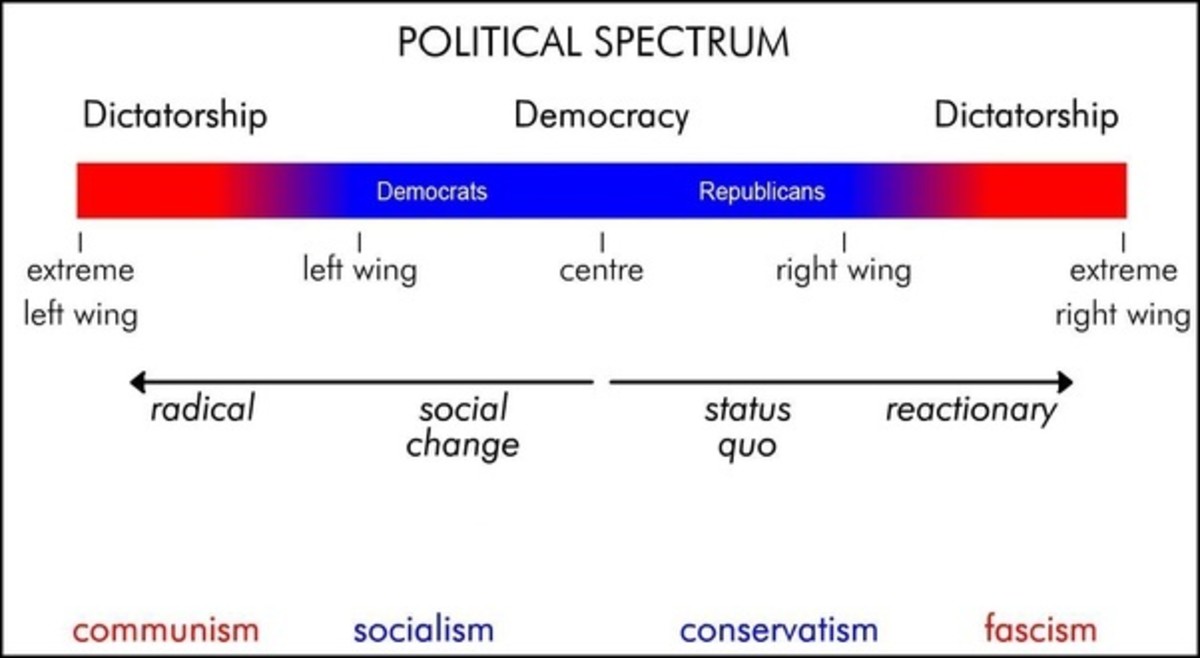
:max_bytes(150000):strip_icc()/marxism-final-6a8c13e1cbbf42658aa2c06266eb82d3.png)
